A typical computer, like the one inside the phone or laptop you’re reading this on, is a binary system, basically a yes/no device. The most amazing thing about computer programmers is how they can take something as basic and simple as a computer chip and spit out something like Microsoft Office by creating a series of “if this, then that” scenarios. This showcases how useful the computer is as a tool for humans to accomplish tasks.
The quantum computer
The quantum computer, however, is an entirely difference concept – the reason it’s quantum is that it doesn’t use binary logic. By its nature a quantum computer is a yes/no/both device. When a developer makes a logic choice they aren’t limited by “if this then that,” they can also ask “if this, then that — or both” and that makes all the difference in the world.
There are several instances where a binary computer can’t feasibly solve a problem the way we’d like to. When asked to solve a problem where every answer is equally likely, a binary computer has to take the time to individually assess each possibility. Quantum computers can assess more than one probability at a time, through something called “quantum entanglement.”
Learn more / En savoir plus / Mehr erfahren:
http://www.scoop.it/t/21st-century-innovative-technologies-and-developments/?&tag=Quantum-Computing
Via Gust MEES



 Your new post is loading...
Your new post is loading...



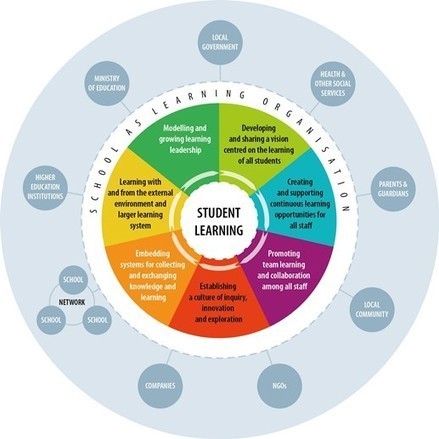



![50 Awesome Facts About Earth To Share With Your Class [Infographic] | omnia mea mecum fero | Scoop.it](https://img.scoop.it/Jla_hFFW4uCY_xx-SGl_WTl72eJkfbmt4t8yenImKBVvK0kTmF0xjctABnaLJIm9)



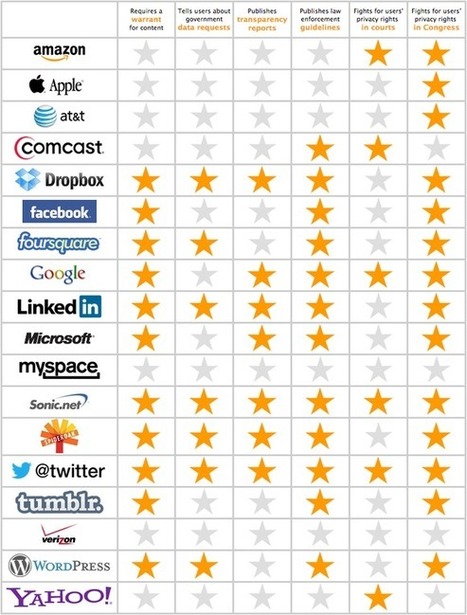

![Mobile Threat in Action [INFOGRAPHIC] | omnia mea mecum fero | Scoop.it](https://img.scoop.it/cJttrx6XoZpu_ERcpy9jUjl72eJkfbmt4t8yenImKBVvK0kTmF0xjctABnaLJIm9)
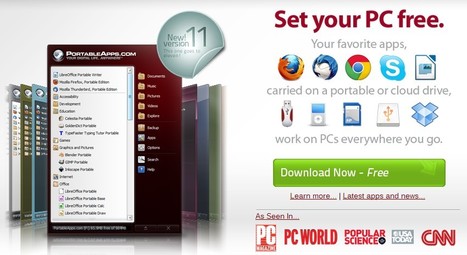




![Workplace Personality Types & How They Support Each Other [Infographic] | omnia mea mecum fero | Scoop.it](https://img.scoop.it/eCgfIu5YbqpKIIcUjn3FdTl72eJkfbmt4t8yenImKBVvK0kTmF0xjctABnaLJIm9)






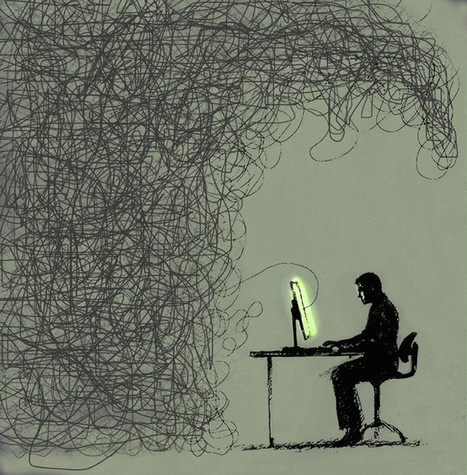

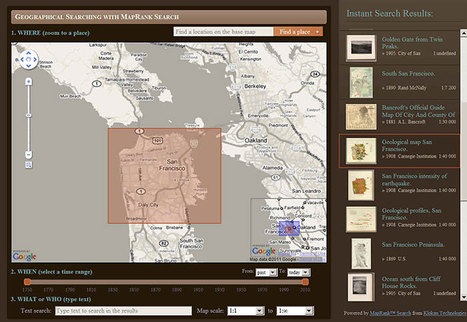

![Protecting Your Password - How Hacker Friendly is Yours [Infographic] | omnia mea mecum fero | Scoop.it](https://img.scoop.it/_2G3yRb429iCkAsLUS3C0Dl72eJkfbmt4t8yenImKBVvK0kTmF0xjctABnaLJIm9)

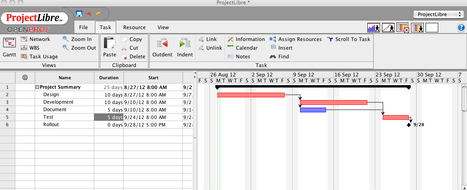
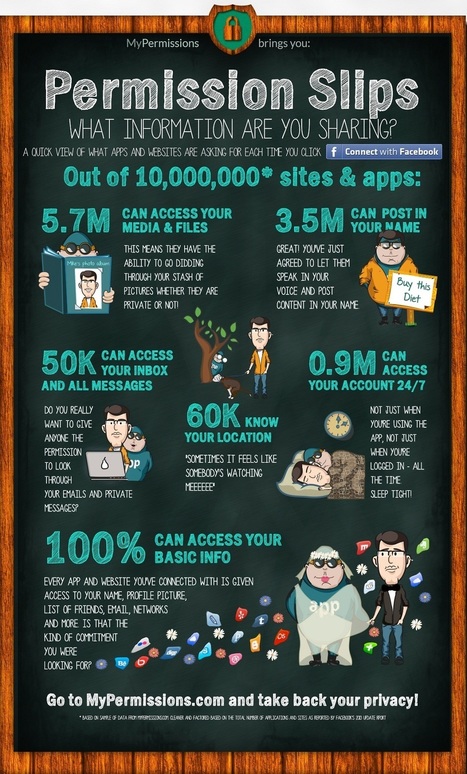





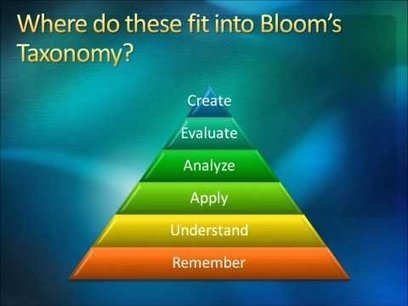







The quantum computer, however, is an entirely difference concept – the reason it’s quantum is that it doesn’t use binary logic. By its nature a quantum computer is a yes/no/both device. When a developer makes a logic choice they aren’t limited by “if this then that,” they can also ask “if this, then that — or both” and that makes all the difference in the world.
There are several instances where a binary computer can’t feasibly solve a problem the way we’d like to. When asked to solve a problem where every answer is equally likely, a binary computer has to take the time to individually assess each possibility. Quantum computers can assess more than one probability at a time, through something called “quantum entanglement.”
Learn more / En savoir plus / Mehr erfahren:
http://www.scoop.it/t/21st-century-innovative-technologies-and-developments/?&tag=Quantum-Computing